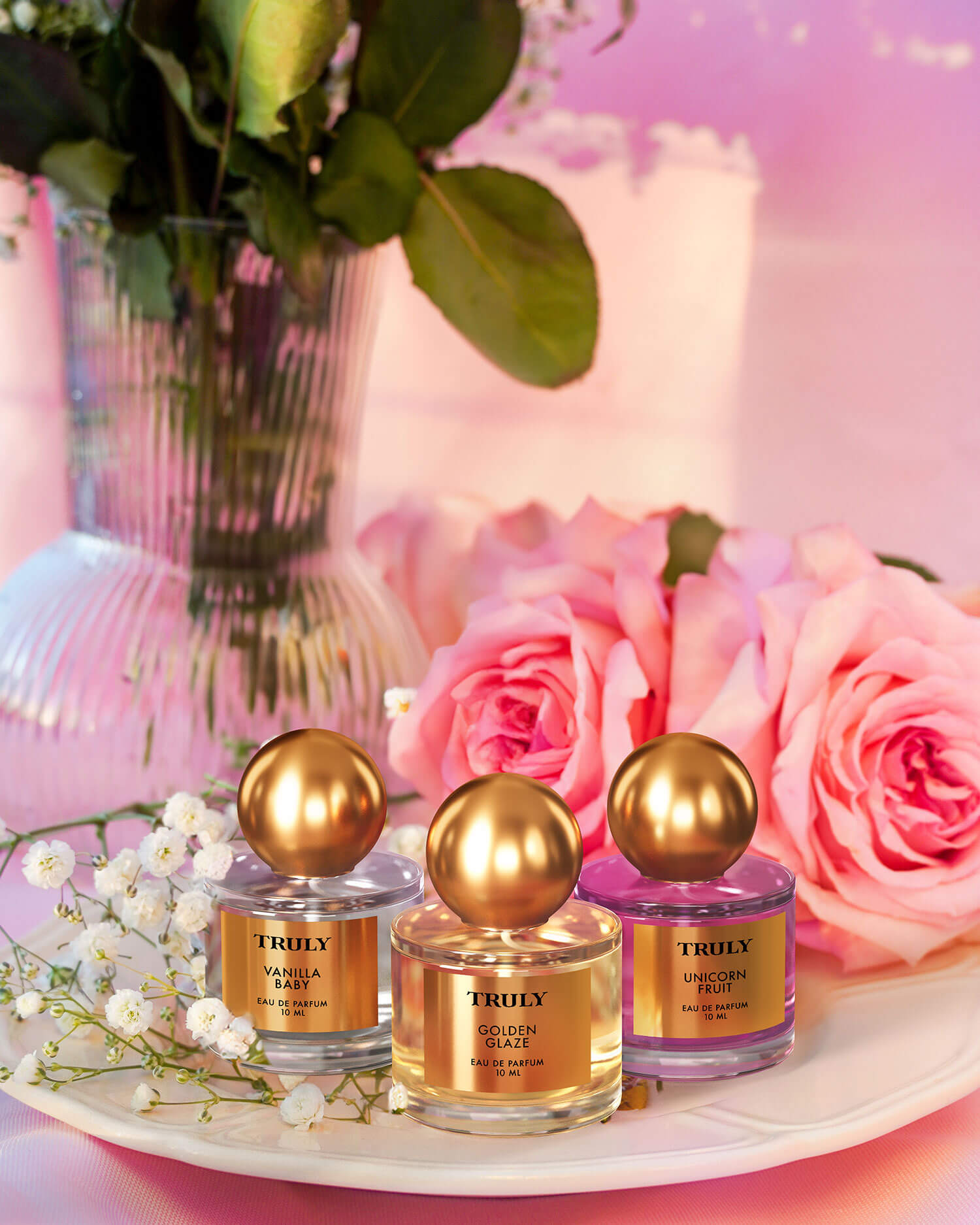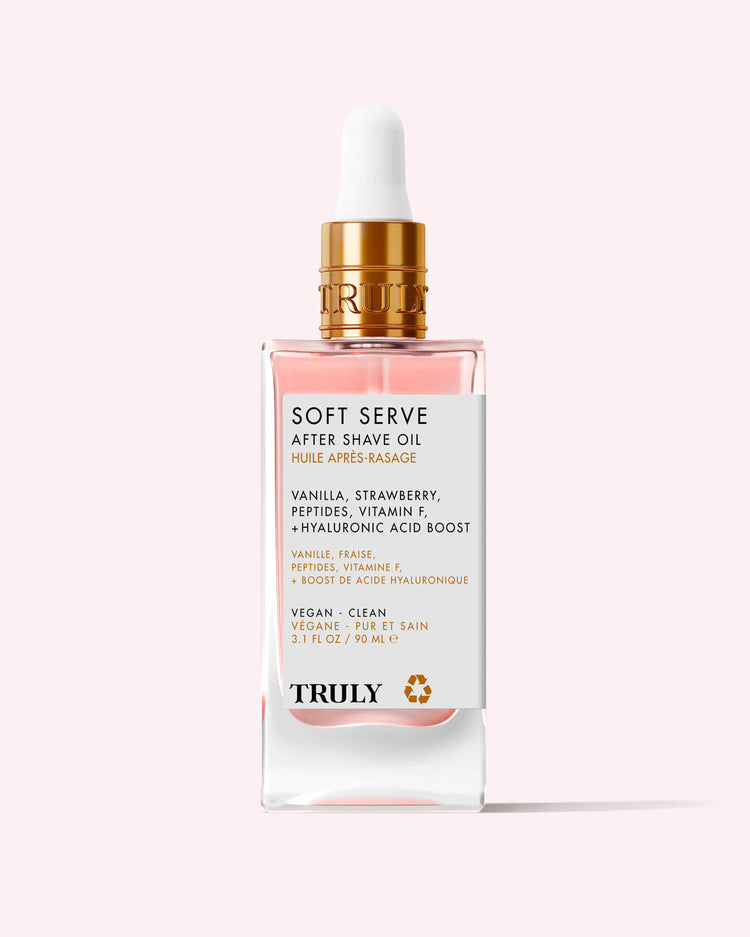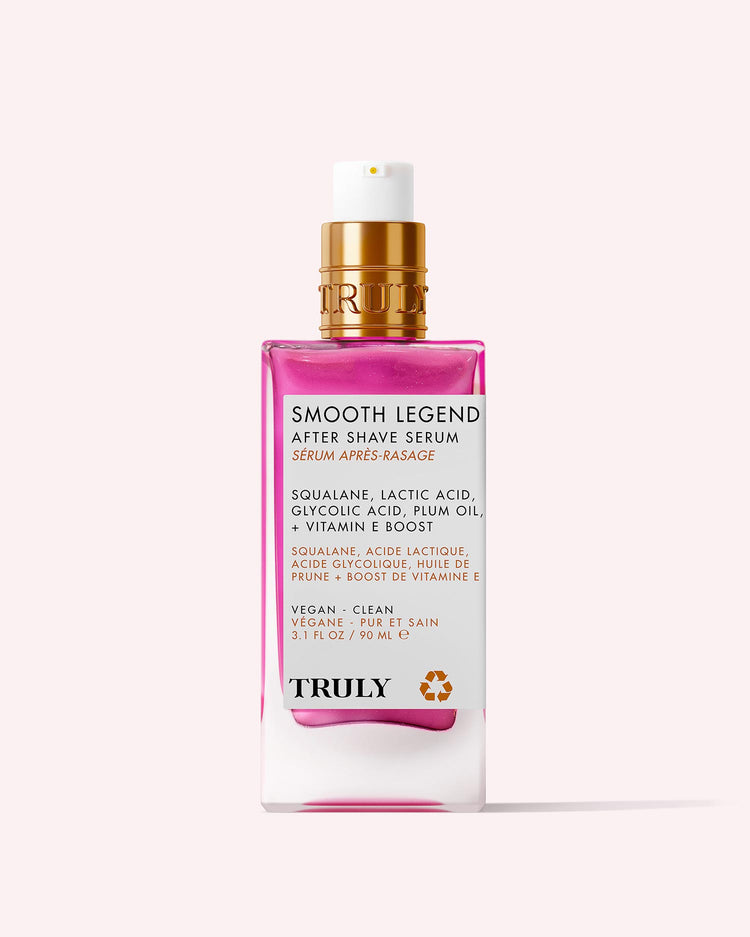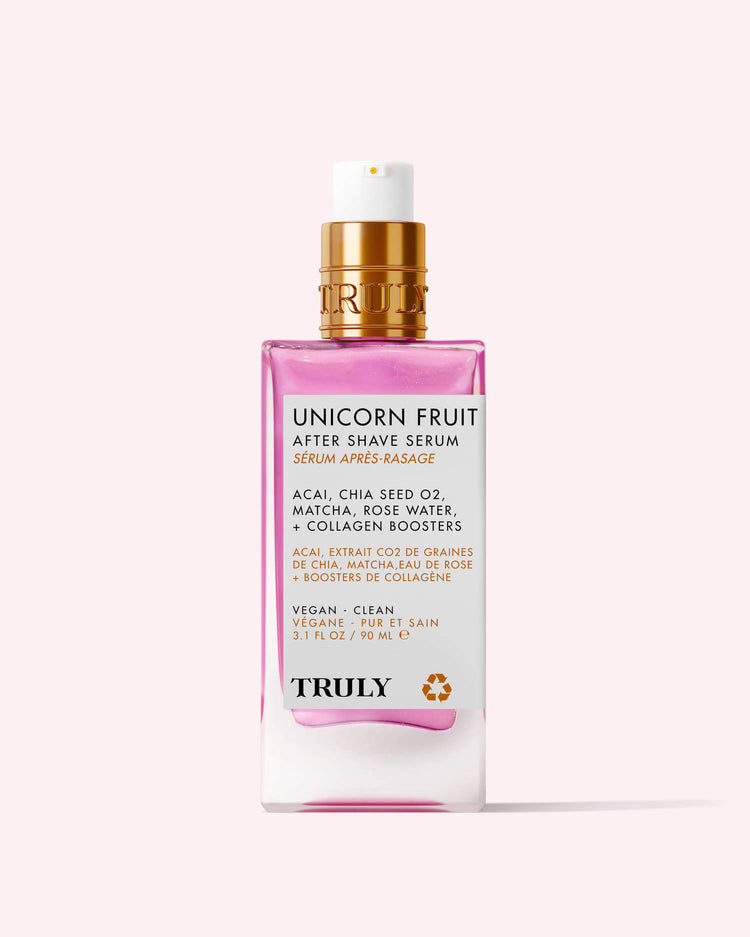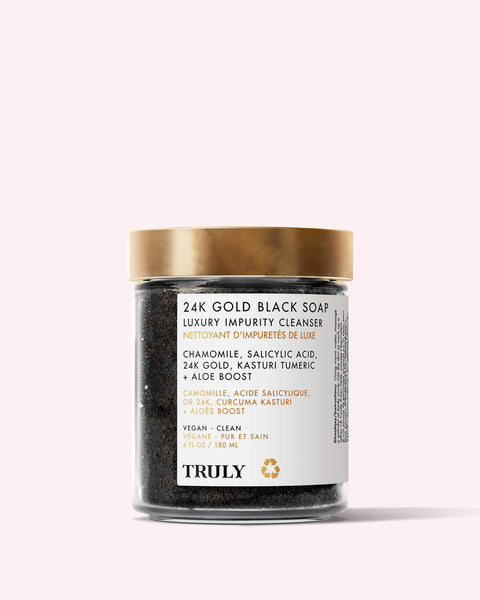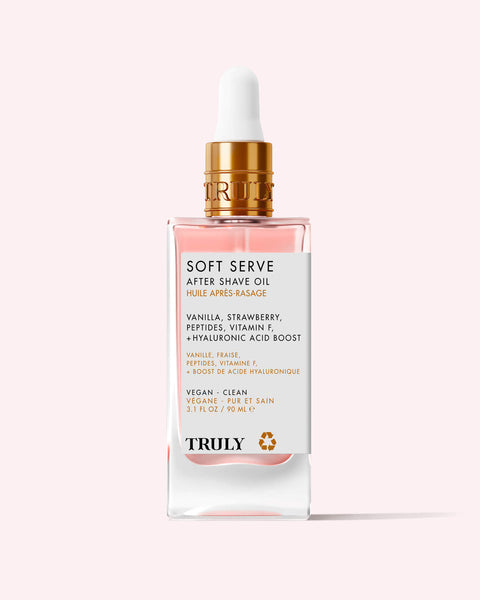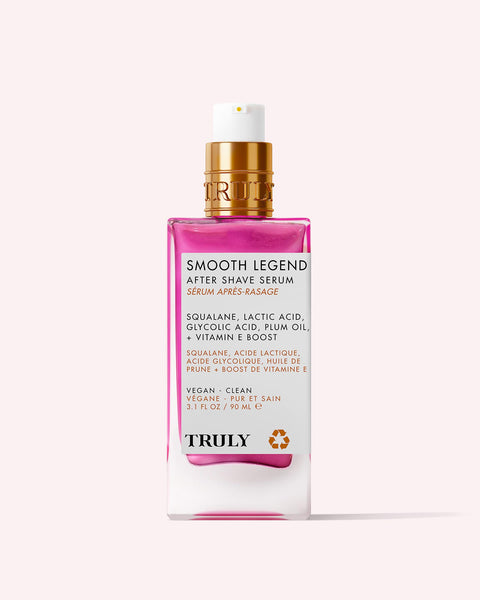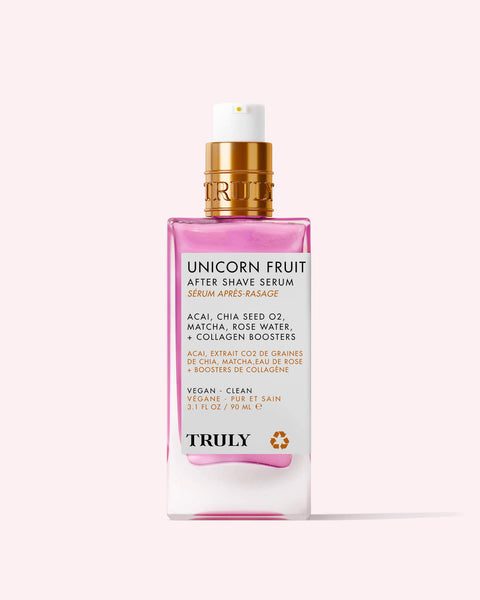Does Chocolate Cause Acne? The Truth About Chocolate and Acne

If you find yourself breaking out after consuming sugary snacks, you might be wondering, does chocolate cause acne? It’s proven that what you eat has an impact on the overall health of your skin. The question is, does eating chocolate cause acne and if it does, what can you do about it?
Before you go cold turkey on your favorite sweet treat, read on to find out more about chocolate and acne and whether there’s a link between the two.
Is Chocolate Bad for Your Skin?
Chocolate isn’t exactly bad. In fact, cocoa–the main ingredient in chocolate–can be good for your skin. The main issue lies in the sugar and fat content of most chocolate, especially milk chocolate.
A diet high in fat and refined sugars, like those found in chocolate, can increase sebum production which can lead to clogged pores and ultimately breakouts. It can also trigger inflammatory responses in the body which is another factor known to increase the risk of blemishes.
With regards to how chocolate affects skin, it all depends on the type of chocolate. Milk and white chocolate, for example, contain more sugar and fat than dark chocolate. For that reason, it’s best to consume these in moderation.
Dark chocolate, on the other hand, typically contains less sugar and fat. Because of its high cocoa content, it’s rich in antioxidants that are beneficial for your skin. That being said, it does contain cocoa butter which some researchers claim can clog pores and trigger acne.
Does Chocolate Cause Acne?

There is indeed a connection between chocolate and breakouts. Studies show that sugary foods increase your glycemic index, which can lead to acne flare ups. But does chocolate give you acne?
According to dermatologists, it’s really a yes and no answer right now. Some studies show no link while others show a higher likelihood of developing acne after eating chocolate. More studies are needed to provide a more conclusive answer to does chocolate cause acne?
However, there are a couple of reasons why chocolate causes acne, or at least, exacerbates acne.
Sugar Content: Some types of chocolate, especially milk chocolate and those with added sugars, have a high glycemic index. Foods with a high glycemic index can rapidly increase blood sugar levels. This, in turn, might lead to an increase in insulin production, which could potentially influence factors that contribute to acne development. Insulin may stimulate the production of certain hormones that are associated with increased oil production and inflammation in the skin, both of which can contribute to acne formation.
Dairy Content: Milk chocolate often contains milk and dairy derivatives. There is some evidence to suggest that dairy consumption might be associated with acne in some individuals. Dairy products can contain hormones, particularly growth hormones, that might influence the skin's oil production and potentially worsen acne. Additionally, dairy consumption could lead to an increase in insulin-like growth factor-1 (IGF-1) levels, which has been linked to the development of acne.
High Fat Content: Chocolate contains a significant amount of fat. While dietary fat itself might not directly cause acne, it could indirectly contribute to acne development in some individuals. Fatty foods can trigger an increase in sebum production. Excess sebum can combine with dead skin cells and lead to clogged pores, resulting in the formation of acne lesions.
With regards to can chocolate cause acne, there’s certainly evidence to show a link between chocolate and acne. While clinical research is limited, it’s safe to say that the sugar, dairy, and fat content in chocolate may contribute to acne.
How to Treat Acne From Chocolate
When it comes to the chocolate acne debate, the derms have conflicting opinions. However, there are things you can do to treat acne triggered by chocolate consumption, or any type of acne for that matter. Does chocolate make your skin break out? Here are some of the best bundles and formulas for clearing acne.
Truly’s Glass Skin Set
Get clearer skin in two easy steps with the Glass Skin Set. It features a cleansing balm and facial serum formulated with jojoba oil, niacinamide, and probiotics to balance sebum, soothe inflamed pimples, and hydrate the skin for a clear and poreless complexion.
Truly’s 24k Gold Black Soap
Instantly decongest clogged pores with this impurity-absorbing cleanser. With a base of sugar blended with African black soap and salicylic acid, it gently exfoliates and removes the buildup of dead cells and sebum for noticeably clearer skin.
Truly’s Bodne Routine
Does chocolate cause acne on the face and body? It can contribute to acne breakouts everywhere. Clarify your entire body with this 4-step routine. It features an award-winning body cleanser, mist, lotion, and pimple patches to banish breakouts on your back, chest, and butt.
Truly’s #Heart Your Imperfections Blemish Patches
Next time a pimple appears after eating chocolate, patch it up with Truly’s heart shaped blemish patches. These hydrocolloid stickers absorb dirt, grime, and oil while protecting your skin against future breakouts. If you’re looking for a quick and clean fix for last minute blemishes, these are a must.
Is Dark Chocolate Good for Acne?
Dark chocolate is brimming with polyphenols, flavanols, and catechins–antioxidants that can help improve blood flow, protect against sun damage, and increase skin density. But there’s a catch: dark chocolate can also worsen acne.
In a 2016 study, participants consumed regular daily amounts of 99% dark chocolate over the period of four weeks. After just two weeks, researchers saw “significant changes in acne scores and numbers of comedones and inflammatory papules.”
While cocoa flavonoids are powerful anti-inflammatories which can be beneficial for acne-prone skin, dark chocolate contains cocoa butter which can cause clogged pores due to its oleic acid content.
Does chocolate cause acne? More research is needed to confirm whether dark chocolate is good or bad for the skin. Clearly, it has some benefits but studies also show its detrimental effects on acne.
How to Prevent Acne After Eating Chocolate
Dermatologists agree that the first step to treating and preventing acne triggered by chocolate is to alter your diet. Cut out the sweet stuff, or reduce it significantly, and follow a healthy, vitamin-rich diet that is low in sugar, fat, and dairy.
Next, start treating your acne with skincare. Follow an acne-focused skincare routine that features a salicylic acid-based cleanser, non-comedogenic moisturizer, and topical spot treatment.
Most importantly, look out for the following acne-fighting ingredients in your skincare: salicylic acid, glycolic acid, benzoyl peroxide, and lactic acid. These alpha and beta hydroxy acids (AHAs + BHAs) gently slough off dead skin and remove excess oil to unclog pores and clear the skin.
Avoid formulas that contain clogging ingredients like petroleum jelly, lanolin, and silicone. Opt for natural hydrating oils and butters that don’t clog the pores like jojoba oil, grapeseed oil, and shea butter.
Does Milk Chocolate Cause Acne?
Some researchers believe that the natural fats found in milk chocolate may lead to acne, but studies are limited. Studies have shown, however, that low fat milk can lead to worse acne symptoms than full fat milk.
Milk chocolate contains sugar and dairy, both of which could contribute to skin issues in certain individuals. High sugar consumption can lead to increased insulin levels, which may influence factors associated with acne development. Dairy products, including milk chocolate, contain hormones and growth factors that could potentially contribute to the formation of breakouts.
While some people might notice a correlation between consuming milk chocolate and acne flare-ups, others may not experience any noticeable effects. Other factors such as genetics, hormonal fluctuations, skincare habits, and overall diet can also play a significant role in the development of acne.
Conclusion: Can Eating Chocolate Cause Acne?
Overall, there’s a lot of mixed opinion with regards to the effects of chocolate on acne. If you’re wondering why do I get pimples when I eat chocolate, it’s likely due to the content of fat, sugar, and dairy. Consumption of these can lead to increased sebum production and inflammation, which may contribute to breakouts.
Does chocolate cause acne? If you suspect that chocolate is the culprit behind your acne, consider keeping a food diary to track your diet and skin changes.
Photo by Broderick Armbriste, Pexels
Photo by Polina Tankilevitch, Pexels
